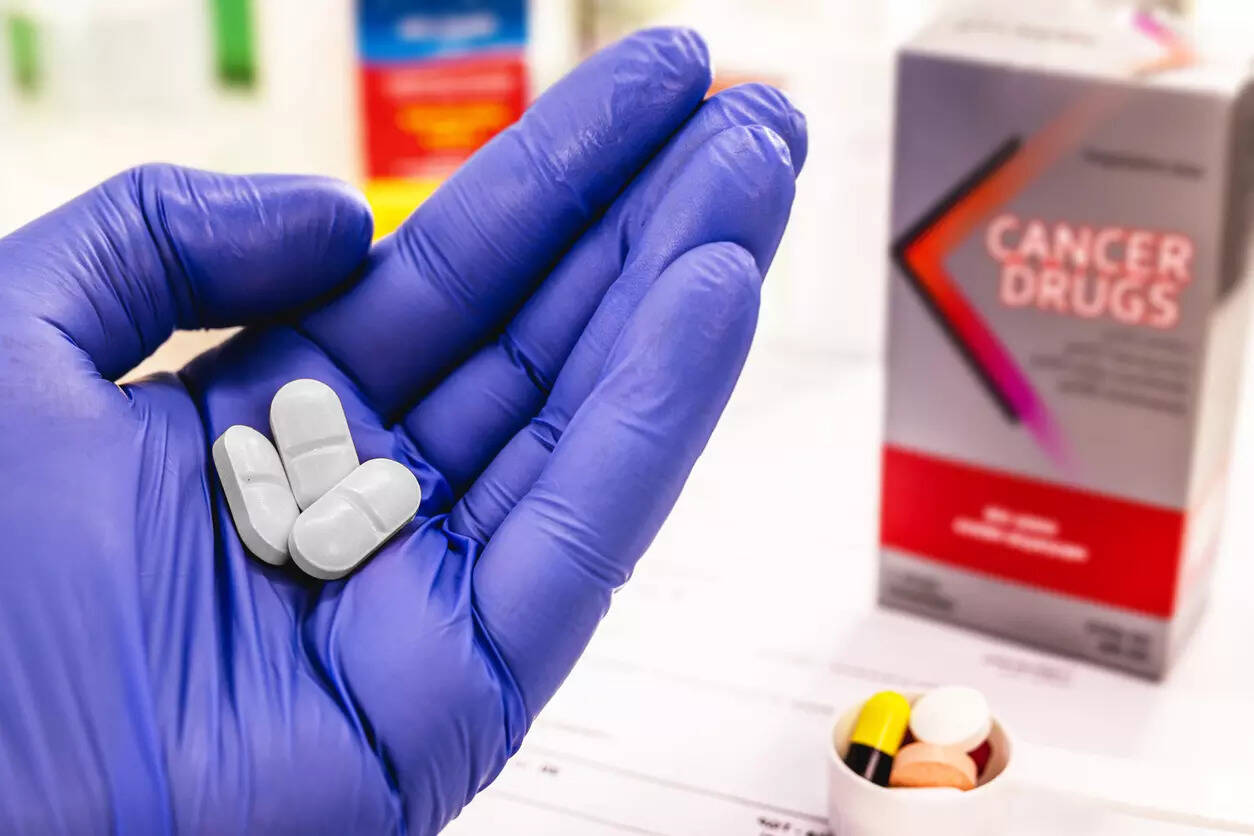Scrapping ZW171 means that, for now, Zymeworks is back to having just one asset in the clinic.\n Zymeworks is abandoning a T-cell engager after assessing the cancer drug’s benefit-risk profile in a phase 1 study.The biopharma has been evaluating the candidate, dubbed ZW171, in patients with ovarian or non-small cell lung cancers. The company had used the trial to establish a maximum dose of the therapy before deciding that “further dose evaluation in the current trial would be unlikely to support a benefit-risk profile consistent with the desired monotherapy target product profile.”Cytokine release syndrome—a potentially serious side effect of cancer immunotherapies that redirect T cells—was well managed in the phase 1 study, according to Zymeworks’ Sept. 2 release.Still, these toxicities limited the upper dose of ZW171 that could be considered for treatment, while being “consistent with mesothelin-related on-target off-tumor toxicity,” the company added.“While this is a disappointing outcome given the promising preclinical activity observed with ZW171, we are deeply grateful to the patients, providers and caregivers for their support and participation in the ZW171 phase 1 study,” Zymeworks CEO Kenneth Galbraith said in the release.“As part of Zymeworks’ disciplined approach to the management of our broad product portfolio, we are committed to careful and consistent evaluation of clinical progress for each product candidate to ensure our resources are directed towards those product candidates with the greatest potential impact for patients,” Galbraith added. Scrapping ZW171 means that, for now, Zymeworks is back to having just one asset in the clinic in the form of the phase 1-stage antibody-drug conjugate ZW191 for advanced FR⍺-expressing solid tumors.However, the company is gearing up to launch a clinical study of its GPC3-targeting ADC ZW251 later this year, while seeking the FDA nod next year to take its DLL3-directed trispecific T-cell engager ZW209 into the clinic.Zymeworks has already scaled back its clinical strategy once this year when the company shifted resources away from a planned phase 1 study of a NaPi2b-targeting ADC called ZW220 in March.The biopharma has one drug on the market in the form of the HER2 bispecific antibody Ziihera, which brought its partner Jazz Pharmaceuticals $5.5 million in sales in the second quarter.









